10 diverticulitis symptoms
 Article Sources
Article SourcesDiverticulitis is a condition that affects the large intestine. As people get older, they may develop small pockets, known as diverticula, in the lining of their intestines. Many people who have diverticula experience no adverse effects from them. If the pockets cause pain or irritation, this is known as diverticular disease. If the symptoms become more severe and the diverticula become infected or inflamed, this is known as diverticulitis. Common diverticulitis symptoms include pain, fever, and digestive issues. Those who do not get enough fiber in their diet are at increased risk of diverticulitis.
Stomach Pain
Recurring stomach pain is one of the most common diverticulitis symptoms. The pain is usually on the lower left side of the abdomen and may be more noticeable shortly after eating.[[1]] In most cases, this pain is not constant and may ease slightly after going to the toilet or releasing flatulence. If the pain is mild and there are no other symptoms, this may be a warning sign of diverticular disease.
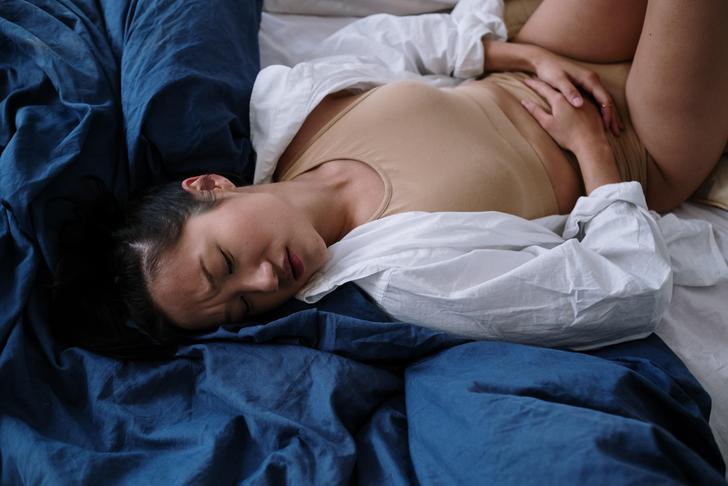
Advertisement
Nausea
Some people who have diverticulitis find they feel nausea along with stomach pain. It may be possible to manage this and the other symptoms by changing to a high-fiber diet or by switching to a liquid or soft-foods diet for a little while. Any changes in diet should be overseen by a medical professional to ensure they are safe and suitable for the individual. Making extreme diet changes without medical supervision could be dangerous, especially for those who have other underlying medical conditions.
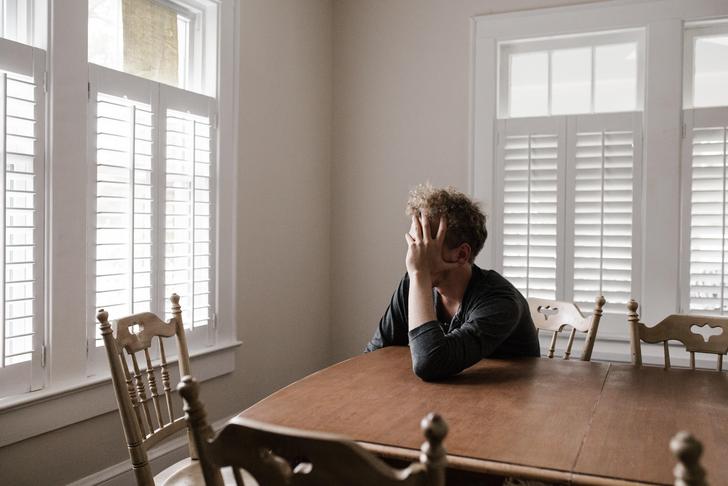
Advertisement
Vomiting
Severe nausea can sometimes lead to vomiting. This does not happen in all cases of diverticulitis, but if the diverticula are severely blocked or infected this can cause serious gastric distress. Some people find that certain foods or drinks are more likely to trigger nausea or vomiting. Following an elimination diet under the supervision of a medical professional can help people identify the foods and drinks that make their symptoms worse.
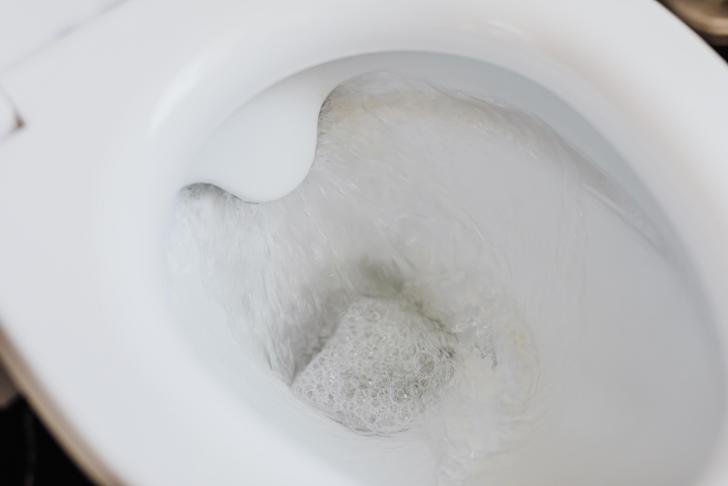
Advertisement
Constipation
Some people with diverticulitis find it difficult to empty their bowels. They may go several days between bowel movements or find that their stools are hard and difficult to pass. Not everyone has bowel movements with the same frequency, so there is no hard and fast rule in terms of how often they should happen. Any sudden, unexplained change in the pattern of a person’s bowel movements is worth speaking to a doctor about.
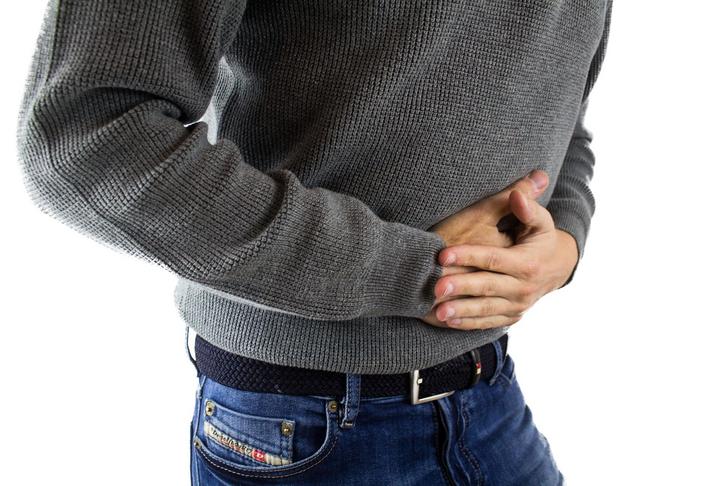
Advertisement
Diarrhea
While some people experience constipation as a symptom of diverticulitis, others may experience diarrhea. Diarrhea may lead to dehydration. Hydration salts can help to reduce the risk of becoming dehydrated.[[2]] Diarrhea that is caused by food poisoning or a stomach bug usually passes within a few days. If diarrhea is recurring or persistent, it could be a warning sign of diverticulitis or another digestive condition.
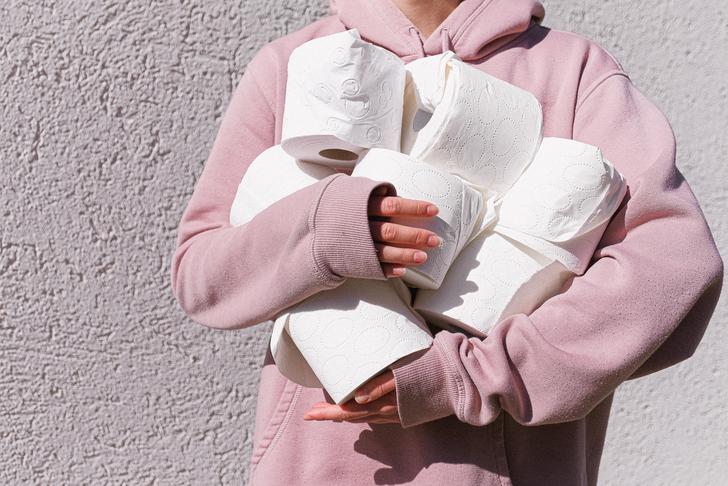
Advertisement
Fever
Feeling feverish can be a symptom of diverticulitis. People who are experiencing pain and fever may find mild pain relievers help alleviate their symptoms. A fever is a warning sign that the immune system is trying to fight off an infection.[[3]] It’s important for people who have a fever to pay attention to their hydration and seek advice if their fever is very high or they show signs of dehydration.
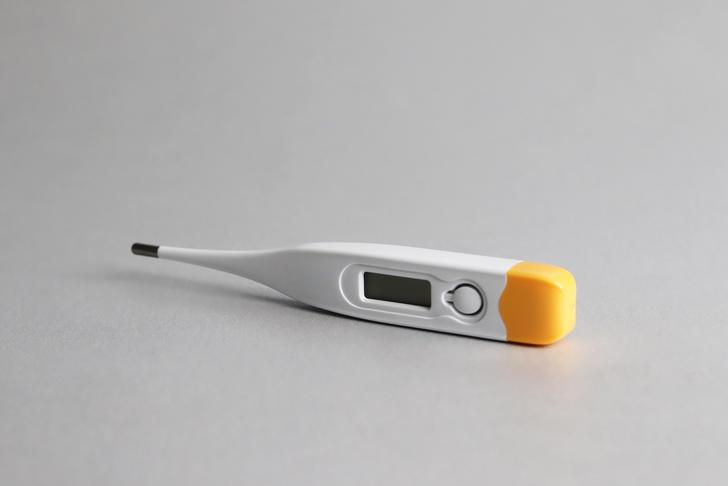
Advertisement
Blood in the Stools
Severe diverticulitis can lead to damage to the intestines, including tears and bleeding. Traces of blood on toilet paper or visible in stools is a warning sign of a serious issue and should not be ignored even if it only happens once. A doctor can perform a test known as a colonoscopy to identify the cause of this symptom and advise on the most suitable method of treatment. Early diagnosis can save lives if the blood is caused by something other than diverticulitis.
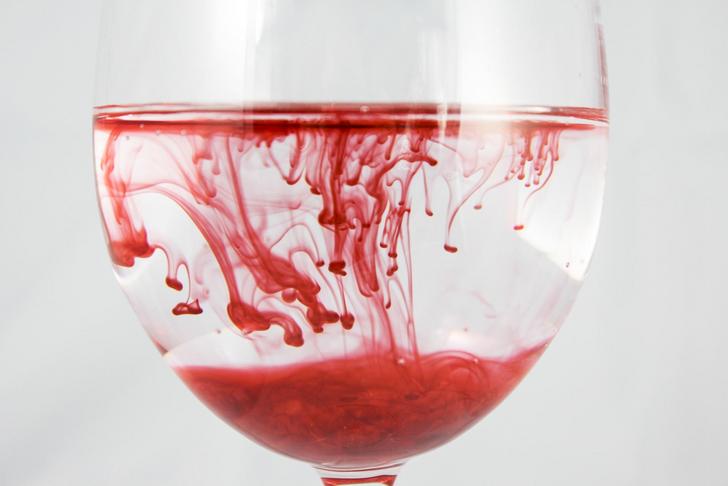
Advertisement
Genetics and Age Are Common Factors
Genetics and age are common factors when it comes to the risk of developing diverticulitis. Most people will have some diverticula by the time they are 80 years old.[[4]] Individuals who have a relative who developed diverticulitis before the age of 50 are at an increased risk of developing the condition themselves. The formation of diverticula is a relatively common part of aging. Fortunately, eating a healthy diet and living a healthy lifestyle can reduce the likelihood of diverticulitis.
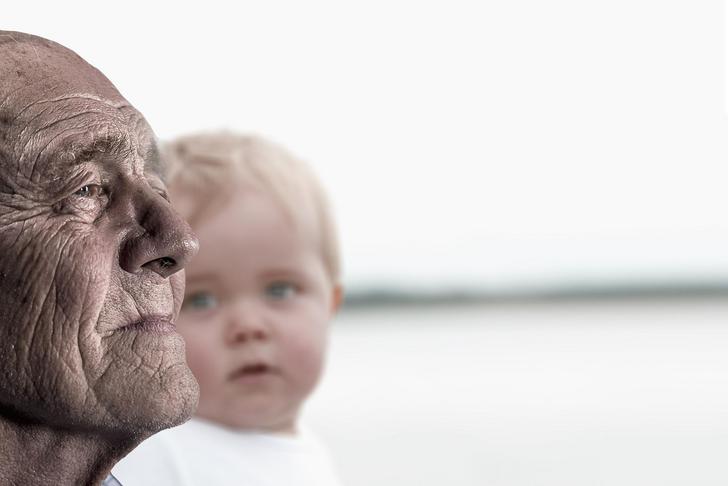
Advertisement
Dietary Changes Can Help Manage Diverticulitis
While some people find avoiding certain foods can reduce symptoms of nausea or vomiting, research has found that there are no specific foods that trigger attacks of diverticulitis.[[5]] However, those who eat a diet that is low in fiber are at greater risk of developing the condition. A diet rich in fruits, vegetables and whole grains can help reduce the risk of diverticulitis and may also alleviate the condition in some cases. A fiber-rich diet is also beneficial for overall health.
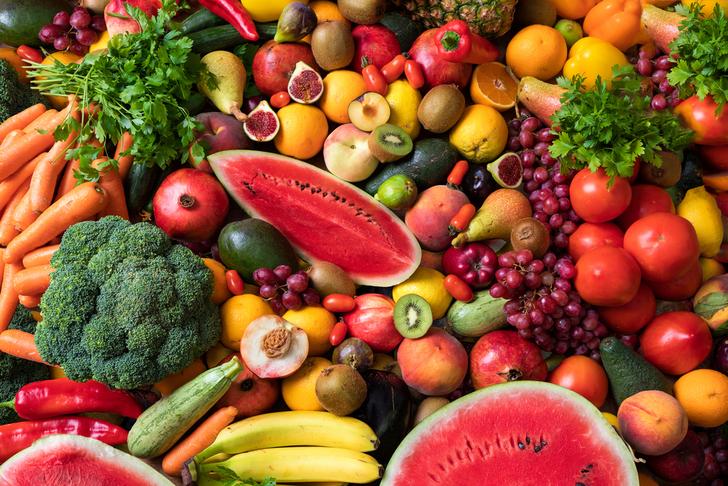
Advertisement
Surgical Treatments Can Aid Recovery
Most people who develop diverticulitis recover after taking a short course of antibiotics. Some individuals may need to make changes to their diet to allow the intestines to heal. In severe cases, surgery may be required to clear blockages or to treat damaged areas of the colon.[[6]] Surgery is used only as a last resort if antibiotics, pain relief, and dietary changes don’t work.
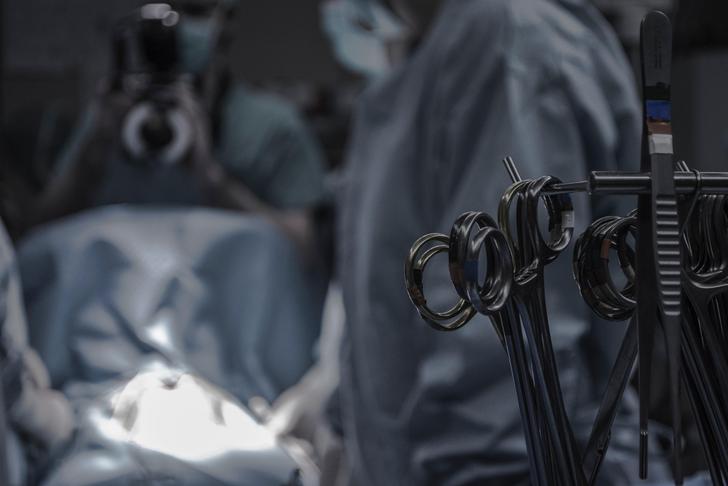
Advertisement





